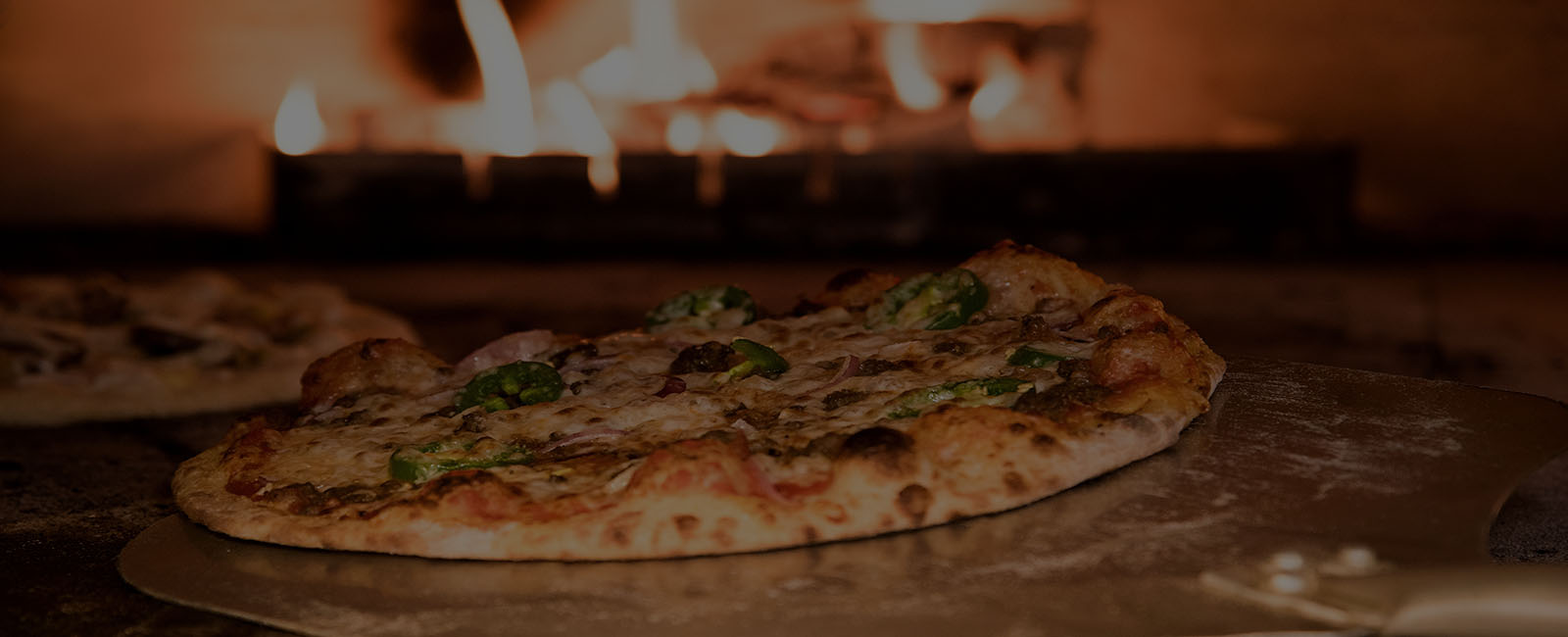Common Food Beliefs that are bullocks
thanks to LAUREN GELMAN at www.rd.com
Food myth: Vitamin C can keep you from catching a cold
Bullocks! Research has shown that vitamin C does not ward off colds, except among marathoners, skiers, and soldiers on sub-Arctic exercises.
Food myth: Eating celery burns more calories than you take in
Bullocks! It’s a food myth that celery has “negative” calories. But, with less than 10 calories per serving, it’s great to munch on to lose weight.
Food myth: Legumes must be eaten at the same time as grains to get a “complete” protein
Bullocks! Eat a mix of amino acids throughout the day and you’ll get all the complete nutrition you’ll need. But yes, beans and legumes are nutritional powerhouses, high in protein, fibre, B vitamins, iron, potassium, and other minerals, while low in fat.
Food myth: Raw carrots are more nutritious than cooked
Bullocks! Cooking actually increases carrots’ nutritional value! The process breaks down the tough cellular walls that encase the beta-carotene.
Food myth: To minimize fat and calories, always remove the skin before cooking chicken
Bullocks! Baking, broiling, grilling, or roasting poultry with the skin intact helps preserve its natural juices. Cook with the skin—and then remove before serving.
Food myth: The fewer carbs, the healthier you are
Bullocks! Choosing the healthiest carbohydrates, especially whole grains, is more important to your well-being. At least seven major studies show that women and men who eat whole grains have 20 to 30 percent less heart disease. Separately, in a 2010 study of more than 13,000 adults, those who ate the most servings of whole grains had lower body weight.
Food myth: Using margarine instead of butter will save calories
Bullocks! Butter and margarine have about the same amount of calories. But while margarine, made from vegetable oils, was created as a more healthful alternative to butter (which contains cholesterol and saturated fat), some margarines are actually unhealthier because they contain trans fats, which have even more adverse effects on cholesterol and heart health.
Food myth: You’ll sleep better after a nightcap
Bullocks! Drinking alcohol before bed may disrupt your sleep and increase wakefulness, even in healthy adults.
Food myth: Carbonated drinks are bad for you
Bullocks! Sodium-free seltzer with a wedge of lemon or lime quenches thirst without hurting your health. Soda, on the other hand, will contribute to weight gain, cavities, high blood pressure, and many other unhealthy problems.
Food myth: Cranberry juice can cure a urinary tract infection
Bullocks! There’s no proof that cranberry juice or supplements can treat an infection, which should be medicated with antibiotics. But drinking the juice or taking supplements regularly can prevent such infections in the first place because compounds in the juice stop infection-causing bacteria from sticking to the bladder wall.
Food myth: Don’t drink milk when you have a cold
Bullocks! There’s absolutely no truth to the idea that milk increases mucus production, so there’s no need to skip it when you feel congested, according to Ronald McCoy, senior medical educator and spokesperson for the Royal Australian College of General Practitioners.
Food myth: Spicy food gives you an ulcer
Bullocks! Spices don’t trigger ulcers. We now know that the bacteria Helicobacter pylori causes almost all ulcers, except those triggered by certain medications, like aspirin. What spices can do is exacerbate an irritable bowel, which people often mistake for an ulcer.
Food myth: Feed a cold, starve a fever
Bullocks! There’s no medical reason to limit foods when you’re feverish. While you may have less of an appetite, you should eat whatever you can tolerate. In fact, when you’re sick, your nutritional needs increase because your metabolic rate goes up.
Food myth: Fat-free and low-fat foods are always better than full-fat versions
Bullocks! When it comes to meat and some dairy products, it’s generally true that the less fat, the better. But not so with packaged, processed foods. Call it the “Snackwells” lesson: When manufacturers remove a certain ingredient (fat) from a certain food (cookies), they need to compensate for the taste by adding other not-so-healthy ingredients (sugar). Companies are constantly tinkering with the ratios of sugar, fat, salt and other ingredients in such foods. Now, most nutrition experts believe you’re better off avoiding artificially fat-free foods and opting instead for whole foods with healthy fats, like nuts.
Food myth: Eating carrots will improve your eyesight
Bullocks! This widespread carrot myth has been around since World War II, when rumors circulated that pilots ate lots of the vegetable to keep their vision in top shape. In reality, the fighter’s bionic eyesight was the result of improved technology. Since then, the myth remains unfounded. Unless you’re way deficient in vitamin A, more carrots won’t make bad vision any better.
Food myth: Red wine is the only good-for-you alcohol
Bullocks! It’s true, red wine gets a lot of good press. But recent studies have found that ethanol itself—that is, the stuff that makes alcohol—is what raises levels of protective HDL, or good cholesterol, and helps reduce clotting factors that contribute to heart attack and stroke. That means that in moderation, any type of alcoholic beverage will make for a happier heart.

